“Bridging the gap between past and present and being proud of your story”
Joseph ERCEG
In a time when there seems to be less and less ‘time’ due to numerous obligations, working hours, changing priorities, the number of active members in Croatian communities is visibly declining – there are fewer volunteers, older generation members are slowly passing away…
Fortunately, there are still those people who keep their clubs, organisations, and societies alive and active. They organise gatherings and meetings through which they continue to nurture the traditions, customs, and culture of the rich Croatian heritage.
What it means to be Croatian in New Zealand was succinctly described by Joseph Erceg, a board member of the Croatian Cultural Society of New Zealand, who diligently continues to try to preserve existing values in their society.
In our club, it’s not uncommon to find first, second, and third-generation New Zealanders wondering what it means to be a New Zealand Croatian. They may feel that part of them is lost and that they no longer know their culture.
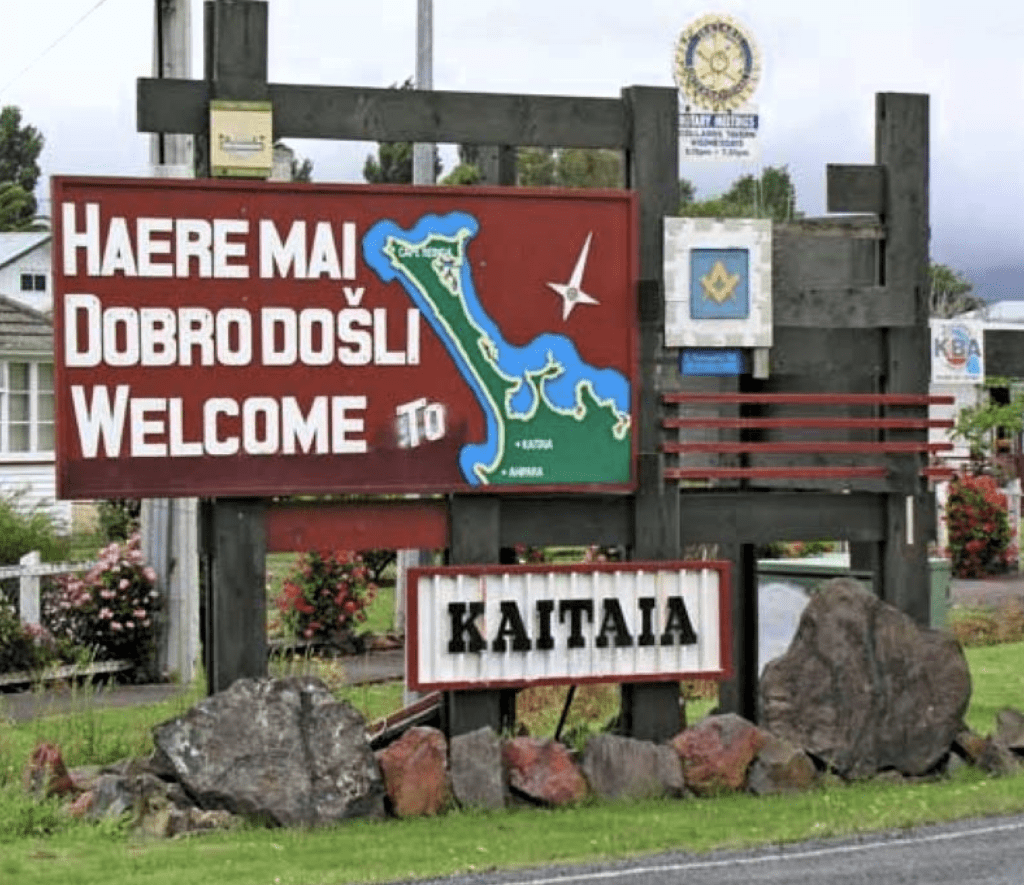
This happens with many cultures as they adapt to life in New Zealand and become increasingly separated from their roots. The coming of the New Year could be a new opportunity to learn more about your Croatian culture and heritage, and more importantly, to get involved and support the community that keeps this culture alive. Being a New Zealand Croatian sometimes feels like holding onto something intangible and distant that has slipped away over time. You might find yourself asking: How can I reclaim a culture I know so little about, and why even make the effort?
The answer lies in understanding that heritage isn’t about knowing everything but rather about finding connection, identity, and a sense of belonging. This begins with small steps. The club offers a way to find that connection and facilitate those small steps. The club is a place where you can immerse yourself, share stories, and absorb them. The first steps might be difficult because you need to find time to find a way that works for you.
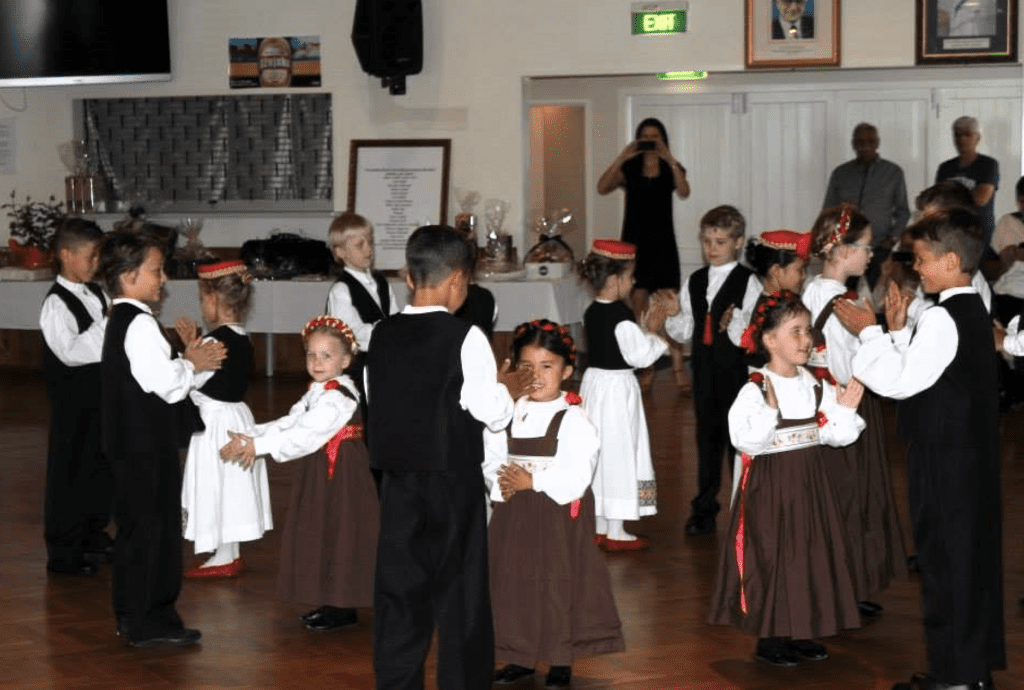
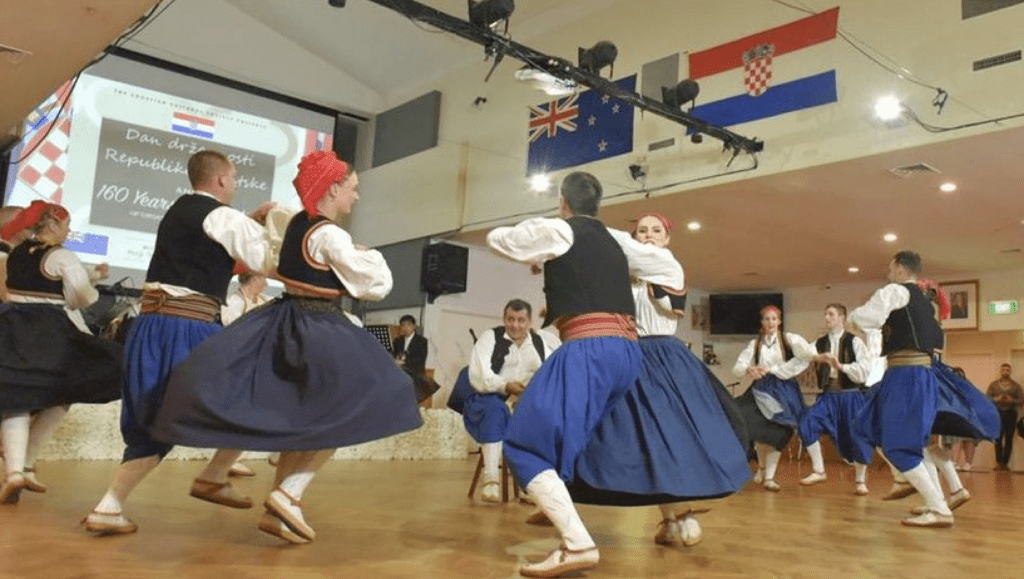
You might choose to attend some of the events the club organises, volunteer at the club, listen to Croatian music, taste Croatian food until something stirs within you and you want to understand more. Additional dedication could come through food, music, dance, customs, sports, or language. You can start by learning a few Croatian words and using them in everyday life, expressions like thank you, good morning, and good night.
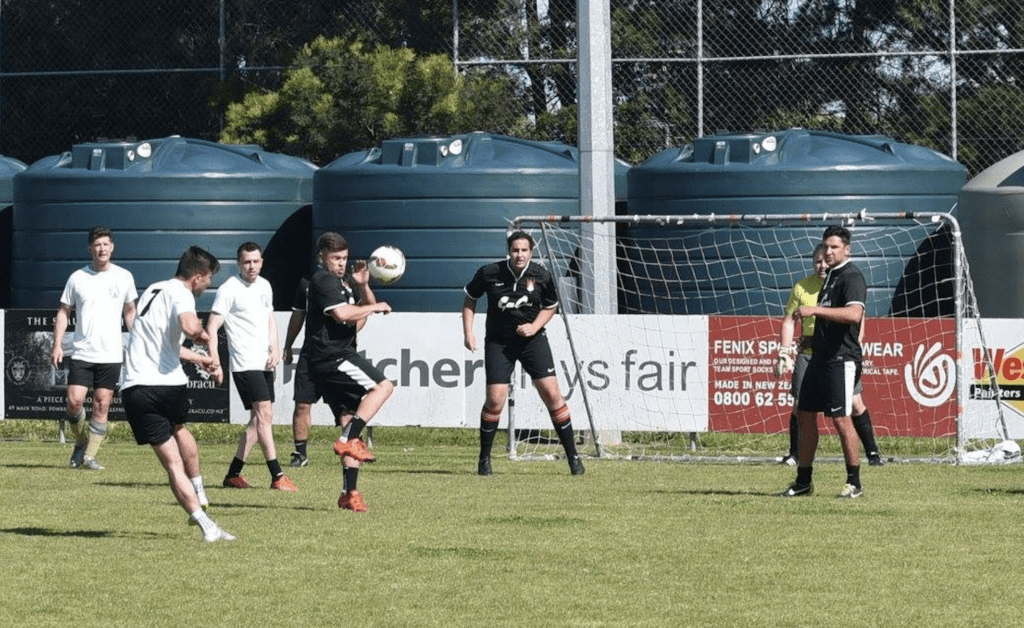
For many people of Croatian origin, life in New Zealand started out difficult. Many arrived with limited education and language knowledge but through hard work and determination managed to build successful lives.
These people brought with them important Croatian values of family and closely connected communities. They built a strong Croatian community in New Zealand to keep their traditions alive and pass them on to future generations. They collaborated and connected to support each other, sharing knowledge and skills needed to build businesses, especially in industries such as viticulture, fishing industry, kauri gum industry, agriculture, and stonemasonry.
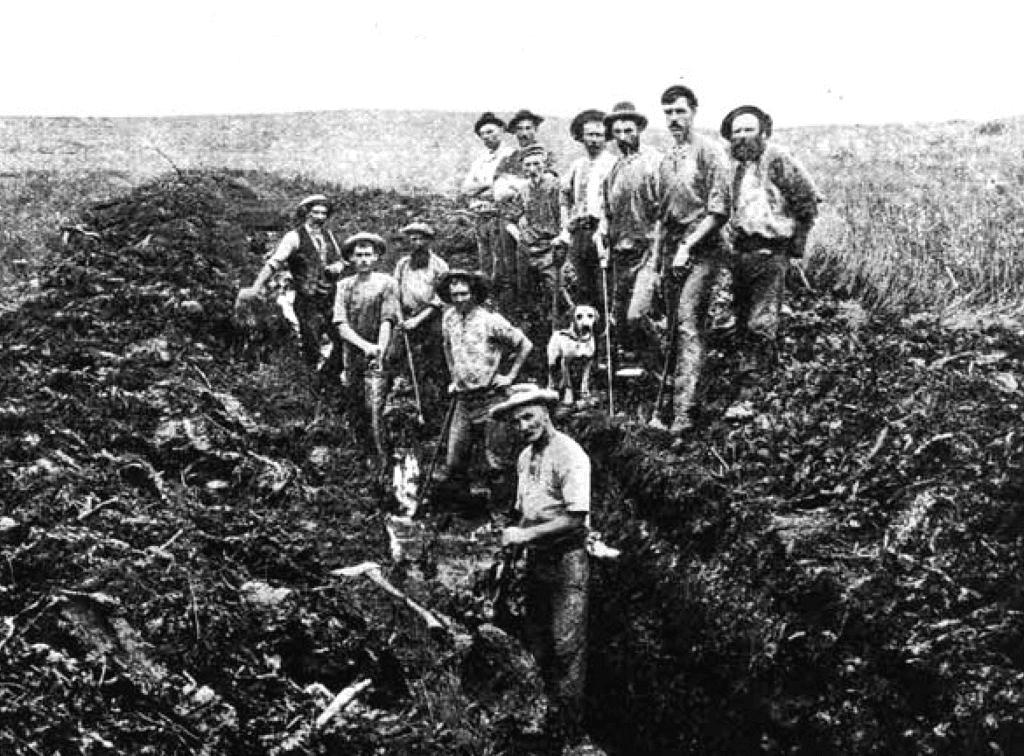
These first Croatian communities succeeded because people were actively involved in the club’s work and its social activities. By attending events organised by the club, volunteering, or simply showing up, these people kept Croatian culture alive in New Zealand. Our club provides opportunities for connection, learning, and celebration. It also provides a place for future generations where they can explore their heritage. Every small effort to be part of the club will build a stronger, more vibrant Croatian community.
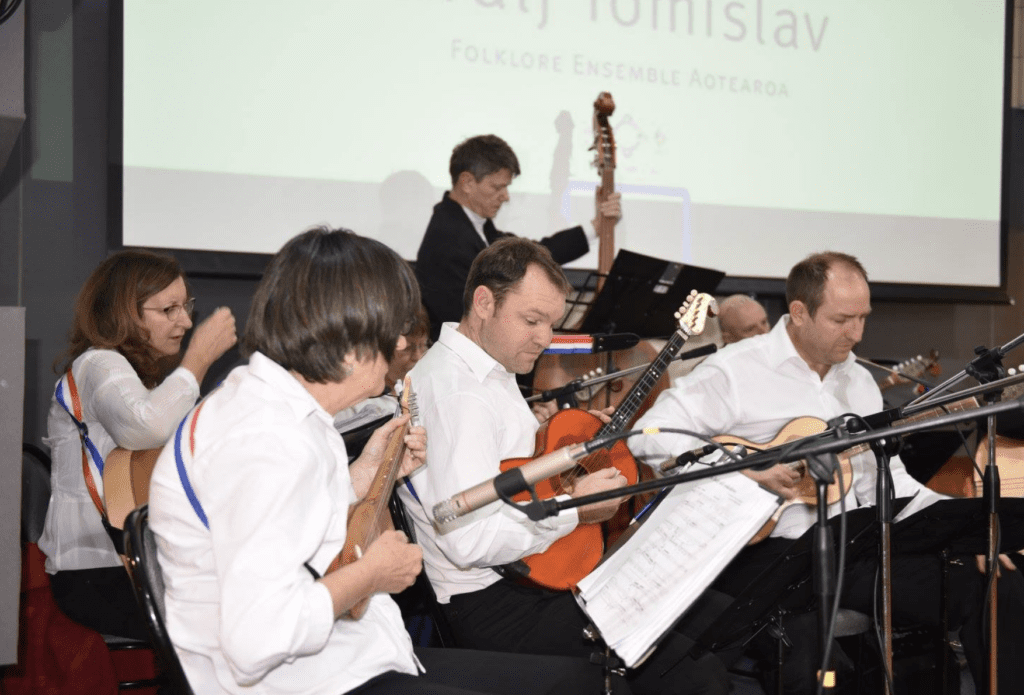
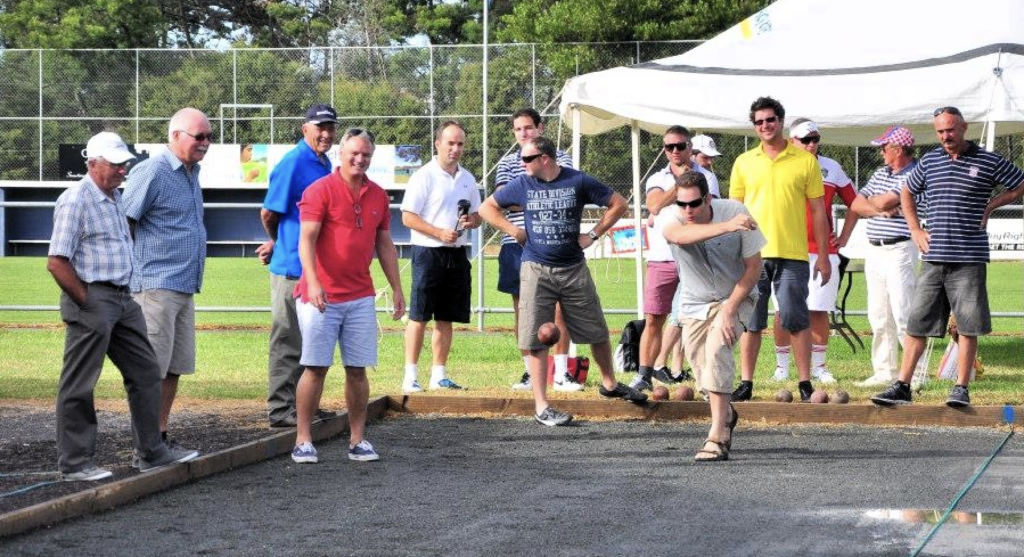
Being Croatian in New Zealand means bridging the gap between past and present and being proud of your story. Rediscovering and embracing your heritage isn’t just a step for you personally, it’s a step for your family, community, and future generations. It can begin today with every small step. Every effort to get involved will bring you closer to understanding what it means to be Croatian.

